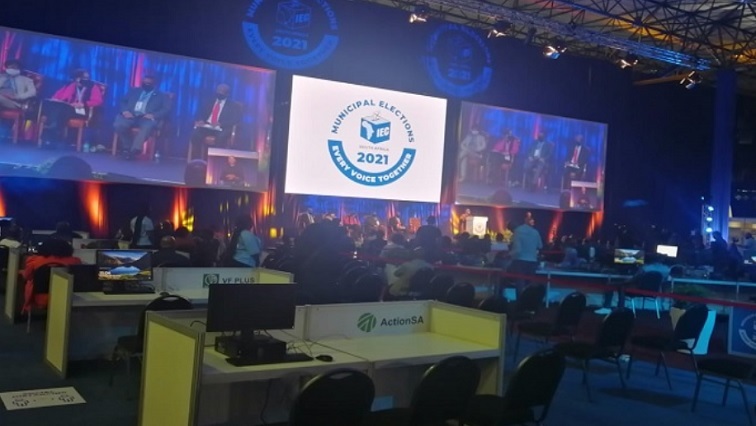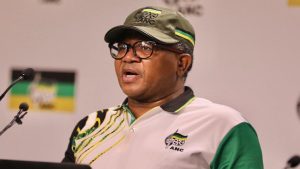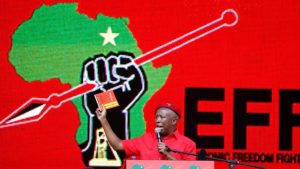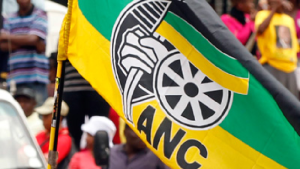Independent Political Analyst Precious Lugayeni says South Africans will go to the polls after bearing the brunt of July’s civil unrest and damning exposes of corruption at the senior government level.
These are the country’s sixth municipal elections.
In KwaZulu-Natal, 5.4 million people are registered to vote. Over the weekend, by 3 o’clock on Sunday, the IEC in the province had administered 55% of the more than 94 000 home visit special votes and 61% of the over 72 000 special votes at voting stations.
Isolated incidents of traditional leadership disputes, security concerns, and the delayed delivery of PPE delayed the opening of some voting stations in KwaZulu-Natal over the two days of special votes.
In the KwaNyavu Traditional Authority area in the province’s Midlands, in wards 2, 3, and 5, additional police officers were deployed to seven voting stations.
Tensions over a traditional leadership dispute spiralled into Independent Electoral Commission officials being threatened.
Officials had to be brought in from outside the area to allow voting to continue. The province has 18 000 additional security personnel deployed, the highest in the country.
119 voting stations have been classified as high risk in KwaZulu-Natal:
IEC official investigated
Concerns were also raised over an incident of electoral fraud in eThekwini. A presiding officer from a voting station in Ward 93 at Umbumbulu is under investigation by police and the IEC.
The IEC official was allegedly caught stuffing marked ballot papers into a ballot box.
“Allegedly found by party agents stuffing marked ballot papers into a ballot box. It remains an allegation and the SAPS is investigating and as soon as we receive the full report from the SAPS, we will update you whether that allegation is true and if it is true what has since been done, with that particular presiding officer that is ward 93 Umbumbulu area in the Kusakusa Combined Primary School in the Umbumbulu area,” says IEC provincial electoral officer, Ntombifuthi Masinga.
Residents voice frustrations
In the Newcastle Municipality more than 2 900 people out of the more than 181 000 registered voters, who preferred to vote from home – especially the elderly voters – shared their frustrations and hopes for their vote.
“I want tar roads here. I don’t want muddy footprints in my house,” said one of the voters.
In the eNdumeni Municipality at Dundee in northern KwaZulu-Natal, local businessman Terry Worley lamented the impact of the region’s water-shedding, saying it is hampering efforts for economic development.
“Which investor would come with no water during working hours. That’s a huge problem, you know. It needs to be upgraded; the roads in the industrial area are already very bad with potholes because the municipality is suffering from a lack of income due to electricity theft. So it’s all a vicious circle that needs to be broken.”
Residents fear for their lives
In the eThekwini Municipality, residents of Inanda say they have mixed feelings about voting. Last month, three women were shot and killed in a drive-by shooting at Buhlebethu Primary school while attending an African National Congress meeting to elect a candidate last month.
Concerns over the candidate selection process have been raised in several wards across the province in the run-up to the municipal election.
SABC News’ Fanele Mhlongo reports on political killings in Inanda. “Inanda Newtown C residents who stay close to Buhlebethu Primary School where three people were killed and several others injured say they are reluctant to go to vote as they are fearful for their lives. Other community members who spoke to the SABC on condition of anonymity say they will exercise their right to vote although they fear they might not go home alive. Three election candidates from different political parties have been killed in separate incidents in a month.”
‘July unrest to impact vote’
Looking ahead to the main voting day, independent political analyst Precious Lugayeni says parties cannot expect South Africans to vote in isolation. She says incidents like July’s civil unrest and ongoing revelations of government corruption, will impact how people vote.
“The corruption of the ruling party is out there for everyone to see, the Zondo Commission actually exposed things we would not have otherwise known if you look at the number of service delivery protests we have seen, it indicates that people are fed up. So, whether they’ll be fed up and not go and vote or they’ll be fed up and vote for another party, that remains to be seen.” -Reporting by Minoshni Pillay and Nonjabulo Mntungwa






